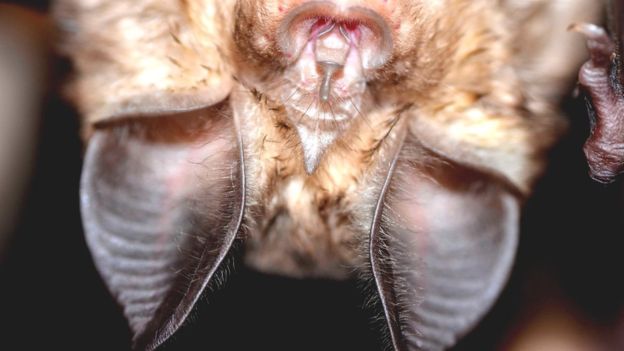MI weekly selection #283
MI weekly selection #283

Climate change disrupting lives of Europe’s bats
The changing climate in Europe is affecting bats, disrupting their hibernation and hurting their ability to feed their offspring, which are being born sooner, according to researchers.
Studies describe “global road map of development”
Using single-cell sequencing, researchers have mapped out the growth of individual cells in zebrafish and frog embryos over a 24-hour period, according to a trio of studies published in Science.
Enzyme used to create energy missing from mistletoe genome
Complex I, an important enzyme that creates energy by breaking down sugar, is missing from the genome of European mistletoe. The parasitic plant may not need the enzyme since it obtains enough nutrition from its host, researchers suggest.
Stone tools found in Philippines suggest early presence of hominins
Archaeologists have found stone tools dating back about 700,000 years in the Philippines, suggesting that hominins found their way there much earlier than previously believed, but researchers aren’t sure which early hominins they are. The tools were found alongside the bones of an ancient rhinoceros that had been butchered.
New technique finds helium in exoplanet’s atmosphere
Helium has been detected on exoplanet WASP-107b using a technique that examined the light that passed through the gas giant’s atmosphere as the exoplanet moved between its star and Earth.